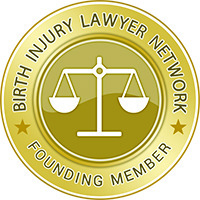
When expectant mothers go into the doctor’s office, they expect to receive accurate information, or at least information as close to the truth as possible. While doctors try to impart what they believe is true, it may be causing women to opt for unnecessary procedures.
Current trends show that doctors may be inaccurately estimating the weight of unborn babies, assuming they are larger than they really are. This has led women to opt for a cesarean section in order to avoid complications or pain. However, in most cases, mothers give birth to average-sized babies, making the C-section unnecessary.
Studies show that women are five times more likely to obtain a C-section if they believe they have a large baby. The U.S. definition of a large baby is anyone over 8 pounds 13 ounces (4,000 grams). However, according to research, less than 8% of women give birth to babies bigger that. The fear of large babies has been linked to the high number of C-sections, however. It is estimated that one out of three women choose that method, partly because they have been misinformed.
In a study conducted called “Listening to Mothers III,” 1,960 women who were told they would have large babies were interviewed. Research shows that of the total, four out of every five women agreed to a cesarean section when they did not actually need them.
C-sections come with many dangers, both for the mother and child. Some women have reported breathing problems in their children after receiving the surgical procedure. It is important that doctors provide accurate information and critically rethink to whom they offer cesarean sections.
At Hampton & King, we believe that mother and child should be offered appropriate care in the hospital. If you chose a C-section because of misinformation and sustained injuries for you or the child, contact our Houston birth injury attorneys today. We fight aggressively on your behalf!












